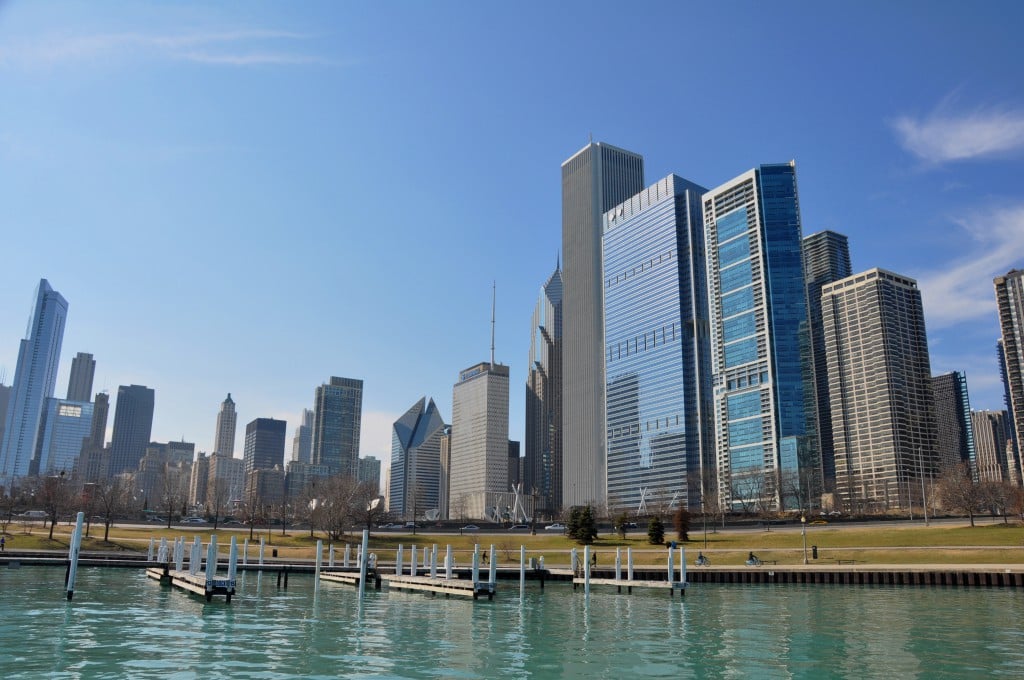On September 24, 2020, the US Treasury Department’s Office of Foreign Assets Control (“OFAC”) published a Final Rule in the Federal Register that amended the Cuban Assets Control Regulations (“CACR”) to further implement the President’s foreign policy to deny the Cuban regime sources of revenue.
Major elements of the changes include:
- Professional (Including Business) Meetings and Conferences: The Final Rule amends a CACR general license to eliminate the authorization for CACR parties to attend or organize professional (including business) meetings or conferences in Cuba, unless it is authorized on a case-by-case basis by OFAC. This change will make it more onerous for CACR parties to travel to engage in preliminary business discussions or negotiations with potential counterparties in Cuba. This amendment, however, keeps in place the authorization for travel to Cuba to conduct professional (including business) research pursuant to a general license.
- Public Performances, Clinics, Workshops, Competitions, and Exhibitions: The Final Rule removes a general license that authorizes CACR parties to participate in or organize certain public performances, clinics, workshops, other athletic or non-athletic competitions, and exhibitions, and replaces it with a specific licensing policy (i.e., permitting the authorization of specific activities on a case-by-case basis by OFAC). The authorization for travel by amateur and semi-professional athletic teams for athletic competitions in Cuba, however, remains in place.
- Cuba Prohibited Accommodations List: The Final Rule adds a new prohibition for CACR parties regarding lodging and related transactions (e.g., making reservations or paying for lodging) at certain properties in Cuba identified on the US State Department’s newly created “Cuba Prohibited Accommodations List” (the “CPA List”). This prohibition applies to all categories of Cuba authorized travel except for travel for official government purposes. The CPA List includes 433 properties owned or controlled by the Cuban government, prohibited government officials, members of the Communist Party of Cuba, and close relatives of the foregoing categories of persons. The Trump Administration previously prohibited lodging in hotels identified with links to the Cuban military, intelligence, and security services through the CACR and the “Cuba Restricted List.” In addition, the restrictions related to the Cuba Restricted List do not apply to all categories of Cuba authorized travel.
- Cuban-Origin Alcohol and Tobacco: The Final Rule amends four CACR general licenses to restrict the importation of Cuban-origin alcohol and tobacco products into the United States. Previously, OFAC had authorized importation of Cuban-origin alcohol and tobacco products for personal, non-commercial use. OFAC has also eliminated the exception that allowed CACR parties to buy Cuban-origin goods in third countries and bring them back to the United States, although such Cuban-origin goods may be purchased and consumed by CACR parties in third countries.
The Final Rule also makes several technical and conforming changes in the CACR. On September 23, OFAC published a number of new and updated Frequently Asked Questions regarding these changes.



